Got a quiz coming up and feeling a little lost when it comes to quiz answers? You’re not alone! Many students find themselves scratching their heads over what makes a good answer and how it can impact their scores.
But hang tight! If you stick with me, we’re going to break down exactly what a quiz answer is, why it matters, and how you can ace that test with ease.
From the different types of quiz answers to common pitfalls and tips for improvement, this guide will have you set for success. Let’s dive in!
Key Takeaways
- A quiz answer is your response to a question that shows your understanding of the material.
- Correct answers reflect your knowledge, while incorrect answers highlight areas needing improvement.
- Common quiz formats include multiple-choice, true/false, short-answer, and essay questions.
- To pick the right answer, read questions carefully, look for clues, eliminate wrong options, and trust your knowledge.
- Common mistakes include misreading questions and guessing without knowledge; avoid these by reviewing questions and skipping uncertain ones.
- Effective use of quiz answers reinforces knowledge, identifies weaknesses, and tracks your learning progress over time.
- Quiz answers differ from exam answers, which assess broader knowledge, and survey responses, which gather opinions.
- Scoring varies by quiz type; know how your answers are evaluated to improve your performance.

Definition of a Quiz Answer
A quiz answer is the response given in reply to a question or prompt within a quiz. It’s how participants demonstrate their knowledge or understanding of a particular subject. In essence, every time you tackle a quiz, you’re generating quiz answers based on what you’ve learned or retained.
There are various types of quiz answers one might encounter. A correct answer is the response that aligns with the information that’s being tested, while an incorrect answer diverges from that expected response. You might also come across multiple-choice answers, which offer several options with only one being correct. Additionally, there are fill-in-the-blank answers and open-ended formats that require more elaboration. Understanding these types helps clarify how you can effectively respond to quiz questions.
Importance of Quiz Answers
Quiz answers play a vital role in both testing knowledge and learning. They serve as a measure of how well someone has grasped a topic. By answering quizzes, individuals can see where they stand regarding their understanding of a subject.
The significance of answers goes beyond mere testing. When an individual receives feedback on their responses, it opens the door to new learning opportunities. If you answer something incorrectly, it serves as a prompt to go back and review that area. This way, quiz answers contribute to continuous learning, making the quiz-taking experience an essential part of education.
Different Formats of Quiz Answers
Different formats of quiz answers can significantly affect how participants engage with the material. Multiple choice questions are common; they present a question followed by a list of answer options. This format makes answering quick and straightforward but can sometimes lead to confusion if the options are similar.
True or false questions are another format that requires quick thinking. They challenge individuals to assess statements based on their knowledge. Short-answer formats demand more detailed responses and encourage deeper processing of the material. Finally, essay-type questions allow for extensive elaboration, challenging participants to articulate their understanding comprehensively.
How to Choose the Right Quiz Answer
Finding the correct quiz answer often involves a few strategic steps. First, always read the question carefully. Misunderstanding the question can lead to incorrect responses, regardless of how well-prepared you are.
Look for context clues within the question itself to guide you. These clues often hint at what the correct answer might be. Additionally, eliminate any options that you know are incorrect when confronted with multiple-choice questions; this increases your chances of selecting the right answer. Lastly, trust your instincts. If something feels right, it’s worth considering, but always back that up with knowledge you’ve gained.

Common Mistakes in Answering Quizzes
When it comes to tackling quizzes, people often trip up on some common mistakes. One major pitfall is the misinterpretation of questions. This can happen when a word or phrase in a question is misunderstood, leading to a completely incorrect response.
Another frequent issue is guessing without any knowledge backing. While sometimes you might get lucky, guesswork rarely pays off in the long run. Instead of taking a shot in the dark, it’s smarter to rely on what you’ve learned.
To avoid these mistakes, take a moment to re-read the question. Make sure you fully understand what’s being asked before jumping into the answer options. If you’re unsure about a question, skip it and come back later after answering the easier ones.
In summary, being mindful of these common errors can go a long way in improving your quiz performance.
Benefits of Using Quiz Answers for Learning
Using quiz answers effectively can be a game-changer for your learning journey. One major benefit is the reinforcement of knowledge. When you answer a quiz question correctly, it solidifies what you know, making it more likely you’ll remember that information later.
On the flip side, answering incorrectly highlights areas that may need more attention. When you see where you struggle, you can focus on those topics, turning weaknesses into strengths.
Quizzes also help track your progress over time. By regularly testing yourself, you can gauge whether you’re improving or if certain concepts still trip you up. It’s a form of self-assessment that promotes growth.
So, taking quizzes isn’t just about getting the right answers; it’s about using those answers as a stepping stone for deeper understanding and better retention of knowledge.
Differences Between Quiz Answers and Other Types of Answers
Quiz answers differ significantly from other types of answers, like those found in exams or surveys. For starters, quiz answers are often shorter and more direct. They focus on specific knowledge points rather than the broader understanding that may be assessed in exams.
Another distinction is the intent behind each type of question. While quizzes are often formative, designed to measure your understanding as you learn, exams are summative and evaluate what you know at a certain point. This means the stakes can feel a bit higher with exams compared to casual quizzes.
When comparing quiz answers to survey responses, the differences become even clearer. Surveys often gather opinions or feelings rather than right or wrong answers. The goal is to understand preferences or attitudes rather than to assess knowledge.
Recognizing these differences is crucial when preparing for any type of assessment. Each requires a different strategy and understanding of how to engage with the material presented.
How Quiz Answers Affect Scoring
The way quiz answers are scored can vary widely depending on the quiz format. In multiple-choice quizzes, one correct answer can lead to full points, while incorrect answers may be scored as zero.
Some quizzes also allow for partial credit on answers that are partially correct. This scoring method can help capture some of the knowledge even if the final answer isn’t spot on.
In addition, quizzes that include short-answer or essay questions often rely on a grading rubric that evaluates factors beyond just the correct answer. These assessments may consider clarity, structure, and reasoning as well.
Knowing how your answers will be scored can help you prioritize what to focus on when preparing for a quiz. It’s essential to aim for accuracy, as even small mistakes can impact your overall score.

Using Quiz Answers to Improve Skills
One of the best ways to enhance your learning is by leveraging the insights gained from quiz answers. Analyzing your results after completing a quiz can reveal patterns in your understanding, helping you identify areas that may need some extra focus.
Start by reviewing which questions you got right and which ones tripped you up. This can help you pinpoint specific topics or types of questions that require more attention. It’s like having a personalized study guide right in front of you.
Next, create a study plan based on your analysis. If you noticed that you consistently miss questions on a particular subject, dedicate some time to review that material. Use various resources like textbooks, online courses, or even educational videos to beef up your knowledge.
Additionally, consider taking practice quizzes focused solely on your weak spots. This can help reinforce your learning and boost your confidence. The more you expose yourself to the material, the more familiar it will become.
Another strategy is to discuss quiz topics with peers or study groups. Sharing insights and clarifying doubts can deepen your understanding, making you less likely to miss similar questions next time.
Lastly, keep track of your progress over time. Set targets for improvement and celebrate small victories. This self-reflection will not only motivate you but also give you a clearer picture of how far you’ve come.
Conclusion
In summary, quiz answers are more than just responses; they are invaluable tools for both assessment and learning. Understanding the significance of your answers can provide insight into your knowledge and performance.
Asking the right questions, avoiding common mistakes, and recognizing the different formats of quiz answers can all enhance your experience. Moreover, by analyzing your results, you can identify strengths and weaknesses that will inform your future studying.
So, the next time you take a quiz, remember that every answer you provide is a stepping stone toward greater understanding and improved skills.
FAQs
A quiz answer is the response given to a specific question in a quiz. Types include correct answers, incorrect answers, and various formats like multiple choice and true/false.
Quiz answers are crucial for assessing knowledge retention. They reinforce learning and highlight areas where improvement is needed, making them invaluable in educational settings.
To avoid common mistakes, carefully read each question to prevent misinterpretation and refrain from guessing. Take your time to analyze the context before selecting an answer.
Quiz answers directly impact scoring since grading systems assign points for correct responses. Thus, accuracy in answering is essential for achieving a good score in quizzes.
